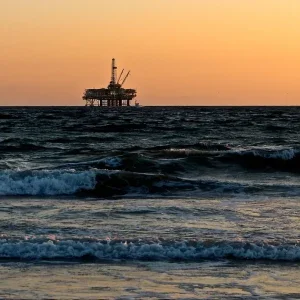To actualize this project, Oando has awarded a front-end engineering and design (FEED) contract to Optimus Services Limited (OSL). The FEED, to be executed at a cost of about NGN100 million, is estimated to be completed by the end of 2009. And will form an integral part of acquiring all necessary regulatory approvals.
Construction of the terminal is scheduled for early 2010 subject to approval, whilst full operation is expected to commence by the end first quarter of 2011. The project will further consolidate Oando’s leadership position of the downstream oil industry and enable it to dominate the domestic gas market.
Commenting, Ayo Ajose Adeogun, chief operating officer, Oando Marketing states; “With this contract, we have moved the project a step closer to commercialisation. Increasing product reception capacity supports abundance of product stock. In turn, this will guarantee retail availability and make gas more affordable. Our ultimate objective is to encourage consumers to switch from wood and kerosene to cleaner and safer cooking gas. Oando is also committed to product storage optimisation with an effective market-leading freight system that will achieve two to three complete storage turns per month.”
Also commenting, Wale Tinubu, group chief executive, Oando said, “It is regrettable that despite Nigeria being the world’s 7th largest in gas reserves with 187 trillion cubic feet (tcf), the country has the lowest per capital consumption of LPG in the whole of Africa at only 0.45kg/person/annum, due to a lack of adequate infrastructure. For instance, the country has less than 20,000 MT functioning LPG shoreline storage available today as against the required 100,000 MT. Our ultra-modern terminal when completed by 2011, will provide in excess of 20% of the total storage requirement of the entire nation. This bold step underpins Oando’s commitment to put an end to Nigeria’s perpetual LPG shortages in the long term.”
“As inadequacies exist right across the supply chain, we will also enhance product availability at the retail end by injecting 100,000 units of high grade cylinders annually. All these are geared toward ensuring that we maintain market leadership in a profitable sector and thus increase return to our shareholders” Tinubu adds.






